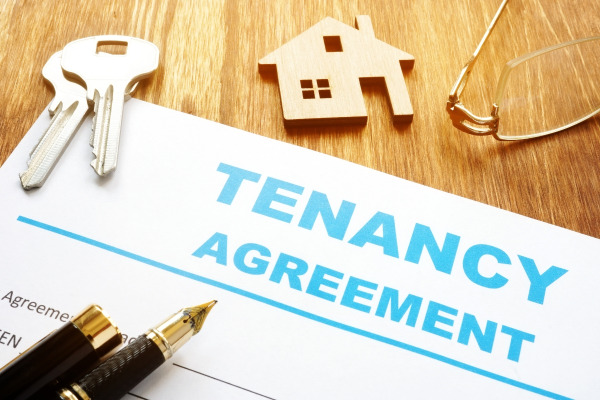When you have found the perfect rental property for you, it can be very tempting to sign on that dotted line in a hurry. However, before you do, it is crucial to give your tenancy agreement a thorough read-through with the help of your letting agent so that you comprehensively understand the terms and conditions.
Personal details
You should start by making sure all the personal details on the contract are correct, including your name, the new address, and your contact details. If there are any mistakes, no matter how minor and insignificant they might seem, it is crucial to inform your letting agent immediately so that they can edit the agreement accordingly.
Rent and payment details
It is important to check that the rent amount stated in the agreement is correct and that you are aware of the dates on which payments should be made. It should also state the security deposit amount and its due date, as this needs to be paid in advance.
Duration
Whether it's a fixed period or a month-to-month tenancy, the start and end dates should be clearly stated in the agreement. It should also specify how much notice is required before the tenancy is terminated.
Maintenance and repairs
A tenancy agreement's maintenance details are essential for outlining responsibilities for maintaining the property. It is important to fully understand what aspects of the property’s maintenance you are responsible for to avoid any disagreements or fines.
Bills
You need to make sure you are aware of who is responsible for paying your various bills. It is usually the tenant’s responsibility to pay for standard utilities such as internet, council tax, and energy, but it is also important to double-check that the contract doesn’t have any additional bills that you need to pay.
Rules
You must make sure you are aware of any rules and regulations listed in your tenancy agreement. These can include a range of different issues, including rules regarding pets, noise, and decorating. If any of the agreement’s rules are broken, the landlord may issue a warning or a fine, and they could even terminate the tenancy if the rule break is more severe.
Termination
In order to protect the rights of both the landlord and the tenant, the agreement should detail the conditions and procedures for termination. As well as specifying the required notice period, it should also state the potential reasons for termination by the landlord, such as failure to pay rent and breaches of contract by the tenant. It should outline the procedures for renewal, if applicable, as well as the potential reasons for the tenant terminating the agreement early, such as uninhabitable conditions and breaches of contract by the landlord.
If you are in doubt about anything in your tenancy agreement, it is crucial to get in touch with your letting agent so they can assist you with your queries. They can also help you negotiate with the landlord if you would like any amendments to be made to the agreement. Only once you are sure that you fully understand and are happy with the tenancy agreement should you sign it. Once you have done so, make sure you keep a copy of it so that you have access to it during your tenancy, as it could be needed in the case of any disputes.
Looking for a new rental property? Get in touch today






Share this with
Email
Facebook
Messenger
Twitter
Pinterest
LinkedIn
Copy this link